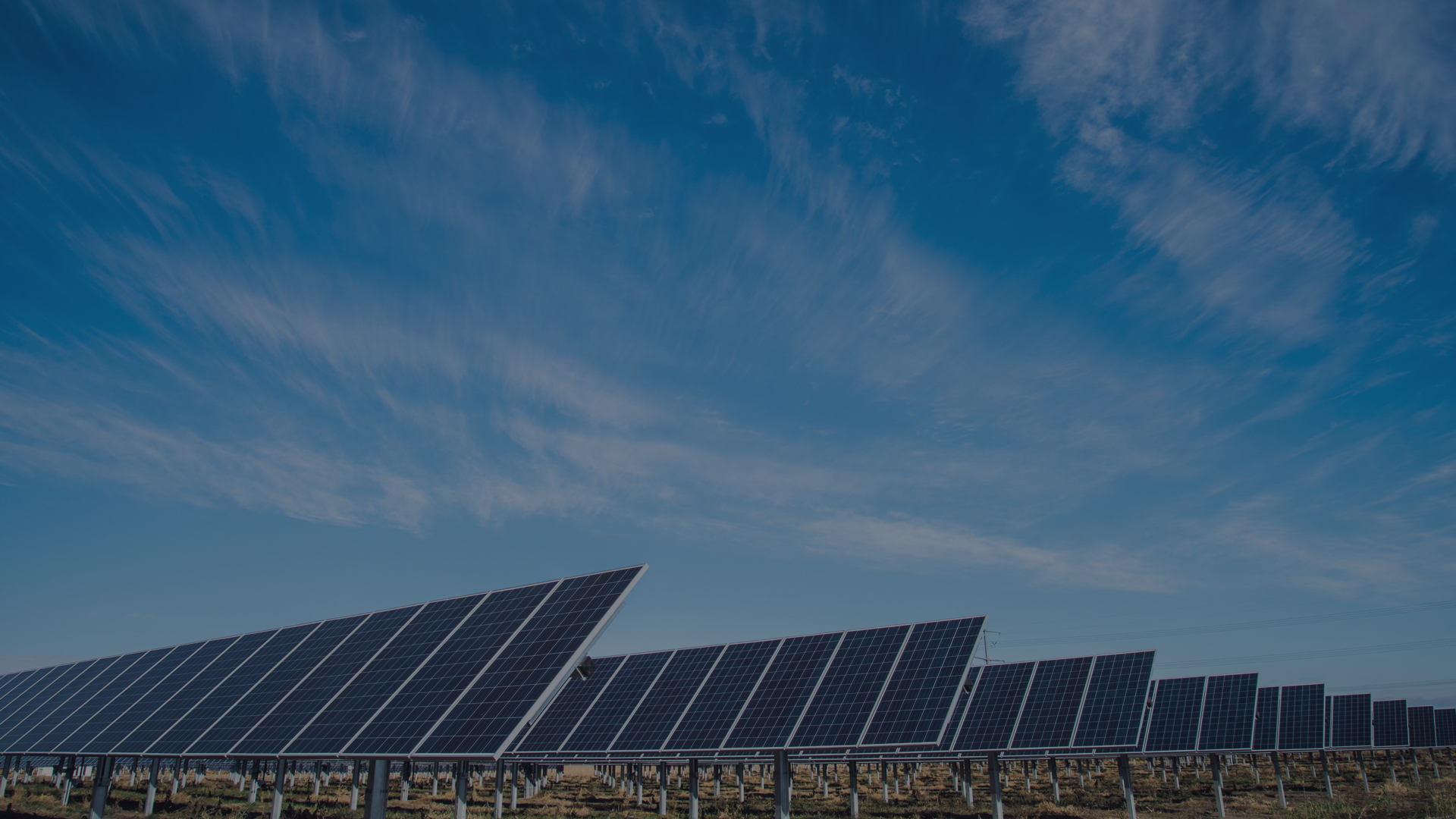At the recent Labour Party Annual Conference, leader Ed Miliband suggested that if he were to be elected prime minister in the next general election, he would freeze energy prices until 2017.
Speaking to members of the party and Labour supporters, Mr Miliband also claimed that he will remove all carbon emissions from the energy generation market by 2030, spelling an assured future for solar panels, wind energy and biomass burning facilities.
According to the Labour leader, the decision to freeze energy bills will help to support millions of families throughout the UK, especially those at the most risk of falling into fuel poverty. He also said businesses would benefit from the move, with energy bills continuing to eat into companies' yearly profits.
Energy company and part of the big six providers npower said the idea was too simple a solution for a much more difficult problem, saying that three main factors cause energy price rises; fixing inefficient housing stock, the cost of buying on the global market, and the need to increase investment to replace the energy infrastructure in the UK.
"If the Labour Party can commit to reducing policy costs on household energy bills, stopping the smart meter roll-out, preventing commodity cost increases and accept that there won't be any investment in new power stations and infrastructure, then we could freeze our prices,” npower said in a statement.
Mr Miliband said at the conference that the UK needs successful energy companies, but they must provide UK consumers with a fair deal.
With energy bills becoming a real concern for a number of UK residents, more and more have turned to small scale renewable energy systems to reduce their reliance on expensive power from conventional sources.
Solar panels are just one example of technology that is being embraced by the UK population. Not only are they a proven way to reduce energy bills in a property, there are schemes available to support these installations.
For example, householders could access the Green Deal to pay for the upfront costs of the installation and purchase of solar panels. The feed-in tariff is another example of a beneficial scheme, where householders can make money from energy generated and fed back into the National Grid.
